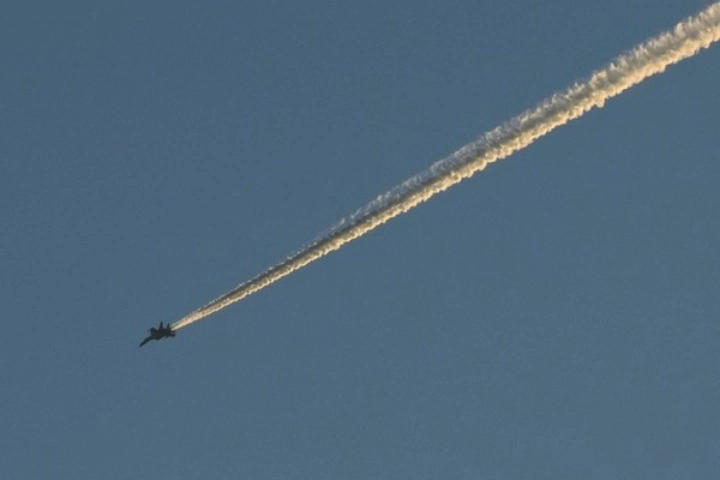The Ministry for National Defence of Taiwan detected 13 Chinese military aircraft, five naval vessels, and four coast guard ships around Taiwan. This comes amid the island’s growing tensions with Beijing in recent times.
The Chinese aircraft and naval vessels were tracked between 6 a.m. on Tuesday, May 28, and 6 a.m. on Wednesday, May 29 in close vicinity of Taiwan, reported Taiwan News.
According to the MND, three of the 13 PLA aircraft crossed the Taiwan Strait middle line, one flew inside the country’s air defence identification zone (ADIZ) in the southwest, and one Chinese drone traveled along the southern part of the ADIZ.
In retaliation, Taiwan responded by monitoring the PLA activity with planes, naval ships, and coastal-based missile systems.
China has been using ‘grey zone’ tactics more frequently since September 2020, gradually expanding the number of military planes and navy vessels in the Taiwan area.
The ‘grey zone’ tactics are notably defined as “an effort or series of efforts beyond steady-state deterrence and assurance that attempts to achieve one’s security objectives without resort to direct and sizable use of force,” reported Taiwan News.
So far this month, Taiwan has tracked Chinese military aircraft 403 times and naval/coast guard vessels 243 times.
Despite never having governed Taiwan, China’s governing Communist Party considers it part of its territory and has threatened to conquer it by force if necessary.
Earlier on May 27, Chinese Foreign Ministry strongly opposed the recent visit of US lawmakers to Taiwan.
Amid the ongoing visit of US lawmakers to Taiwan, Chinese Foreign Ministry Spokesperson Mao Ning has said that Beijing strongly opposes military contact between the US and Taiwan, as well as any attempt of the nation to arm Taiwan.
The visit of the US lawmakers to the self-governing island of Taiwan comes days after China conducted ‘massive’ military drills near Taiwan.
Last week’s drills were the largest China had conducted in more than a year, and they occurred just days after Taiwan swore in its new president, Lai Ching-te.
Lai Ching Te is openly despised by Beijing for promoting the island’s sovereignty and distinct character.
“We urge relevant members of the US Congress to stop playing the “Taiwan card,” stop interfering in China’s internal affairs, stop supporting and conniving at “Taiwan independence” separatist forces, and stop undermining China-US relations and cross-Strait peace and stability,” the Chinese Foreign Ministry spokesperson said.




















